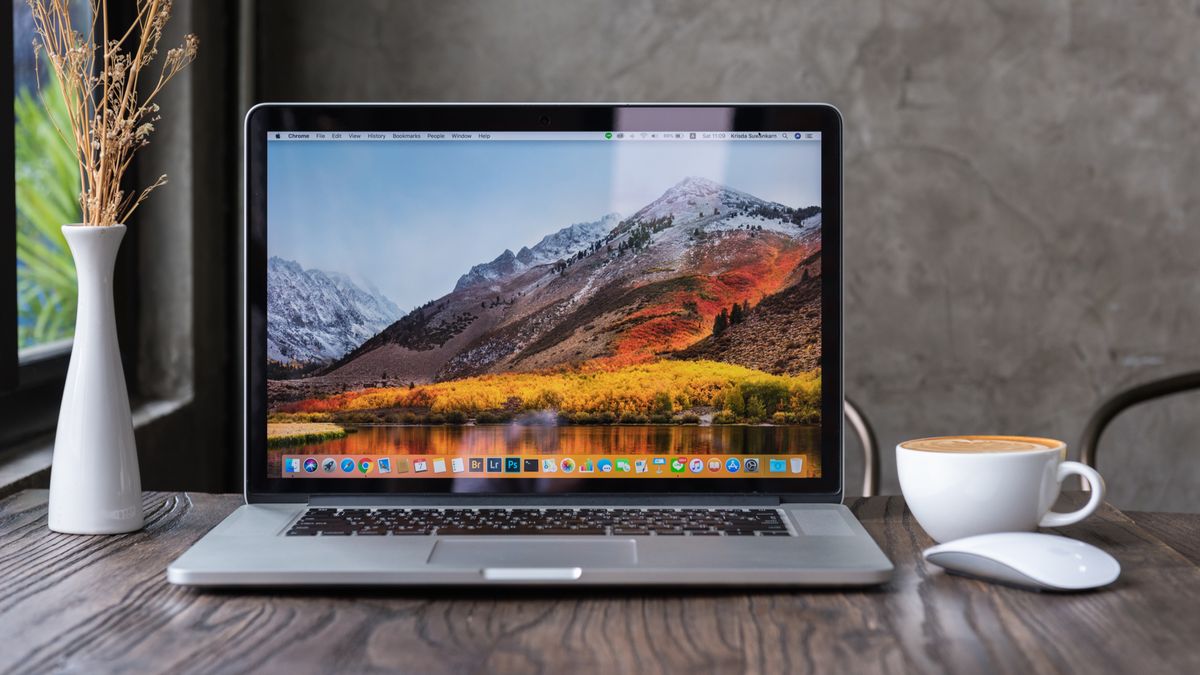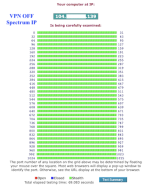Randy:
To help me: are you saying that a VPN is NOT necessary on a bus, in a cafe, in a restaurant or in a hotel?
Correct. Nowadays there is no risk of being hacked while using a public network. All Web sites that deal in sensitive information are completely encrypted. Anyone who tells you otherwise is living in the past.
Perfectly safe. All of your communications with your back, through their Web site, are encrypted. Even if bad guys were to intercept all of your communications with your bank via their Web site, they couldn't decipher them.
Go to your bank's Web site. Look at it's address. Does it start with "https" (rather than "http")? If it does, your communications with that Web site are fully encrypted. (If your bank's Web site isn't encrypted, it's time to quickly change banks. ALL banks have had encrypted Web sites for years now.)
It's not that I'm arguing with you, rather I'm trying to understand
That's why I gave you several links (to unimpeachable sources, I might add). Read them/listen to them. They aren't hard to understand.
The only source for contrary information are the VPN vendors. They, of course, have a good reason to lie to you.
One other interesting thing. Using a VPN might actually introduce a source of insecurity that you wouldn't have had otherwise.
"Many of the most popular VPN services are now also less trustworthy than in the past because they have been bought by larger companies with shady track records."
Note that, for instance, TunnelBear, used to be considered a decent choice. But they've been purchased by McAfee and are now highly suspect (among other things, they keep a log of your activities).
Don't let your paranoia guide you into throwing away your money for no reason.








